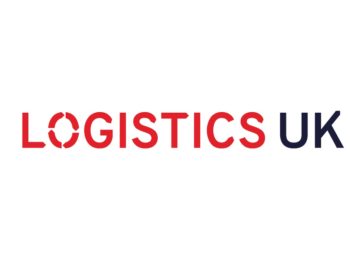Government cuts to the Energy Bill Support Scheme will have a significant impact on the ability of the UK logistics industry to plan for a lower carbon future, trade body Logistics UK has warned.

Unveiled earlier this month and launching in April, the new scheme will help businesses with energy costs after the current Energy Bill Relief Scheme (EBRS) ends on 31st March 2023.
It runs for a year and is structured similar to the current EBRS setup but with a lower level of support. Logistics UK is raising concerns about the impact of this for businesses and the risk that a steep rise in fuel duty this spring could place on green investment.
Kate Jennings, policy director, has urged the Government to use its upcoming Spring Budget to recognise the role the sector plays in driving every part of UK Plc. Speaking after the new Net Zero Review called for more consistent use of incentives to help businesses go green, she stressed that government should consider the potential impact of above-inflation energy and fuel price rises on businesses and consumers.
“Logistics is at the heart of every sector of the UK’s economy, providing the materials required to drive businesses from manufacturing to hospitality. Our industry is already facing substantial financial pressures from inflation and the prospect of a rise in fuel duty this spring. Further, above-inflation, price increases on energy bills would divert funds our industry needs to invest in the new technology required to transition to a zero-carbon operating model and stifle growth opportunities across the sector,” she commented.
“Members have already reported costs of over £1m for upgrading power supplies to one depot to enable electric vehicle recharging – adding additional costs at this time will stall the transition to greener technologies across the board.”
The trade body had already raised concerns about a potential 23% increase in fuel duty from spring 2023. Revealed in a report from the Office of Budgetary Responsibility (OBR) on the day of the Autumn Statement, it would be the result of the current 5p duty cut coming to an end, combined with a scheduled rise in fuel duty based on the fiscal watchdog’s forecast for inflation.
Logistics UK said increases in both the costs of energy and fuel at this point would have a detrimental effect on the industry’s ability to power the nation’s recovery after the pandemic, as well as enabling members to prepare for a greener future.
It’s calling for the introduction of a dynamic mechanism to reduce fuel duty while maintaining revenue levels through VAT and other sources. This, it says, would help ensure government keeps control of the public purse while also enabling businesses to plan for the future more efficiently.
Jennings added: “For the sake of the economy, and the logistics industry in particular, Logistics UK is urging government to use its Spring Budget to put forward a package of support that ensures our members can keep the lights on, operations moving and UK businesses trading, while continuing to invest in a greener future.”

